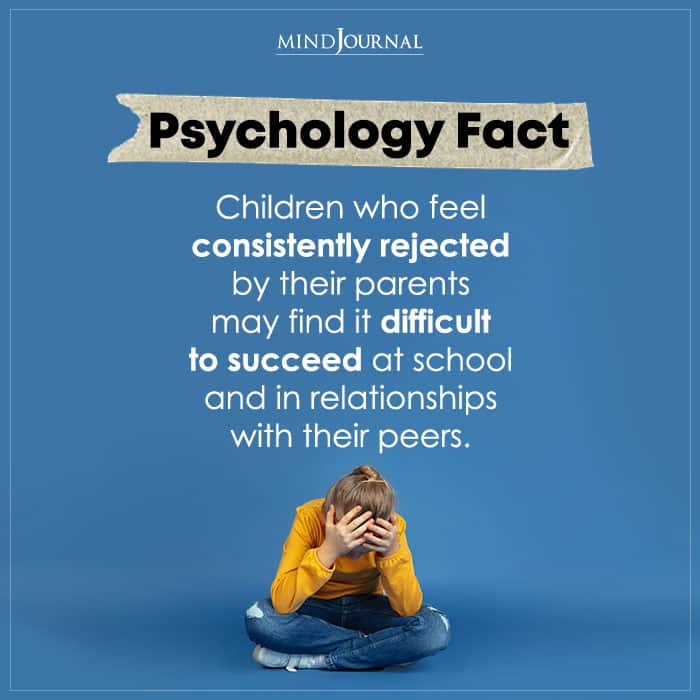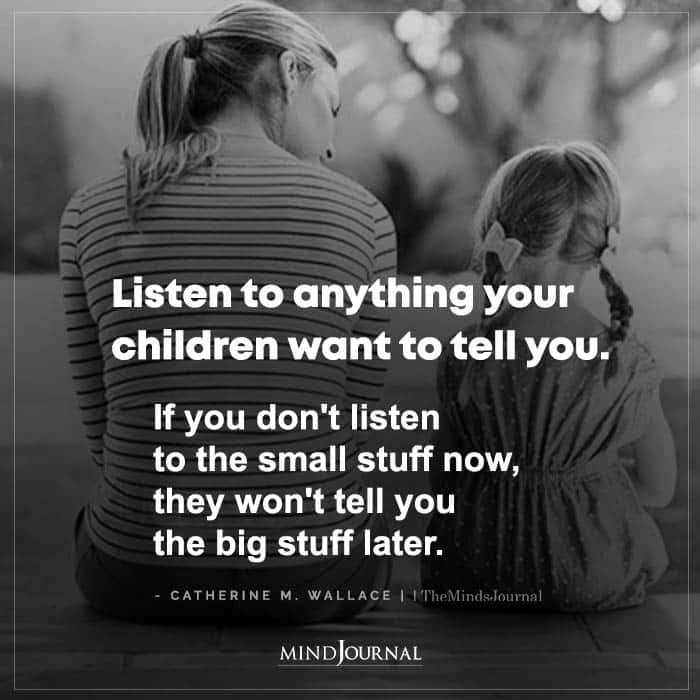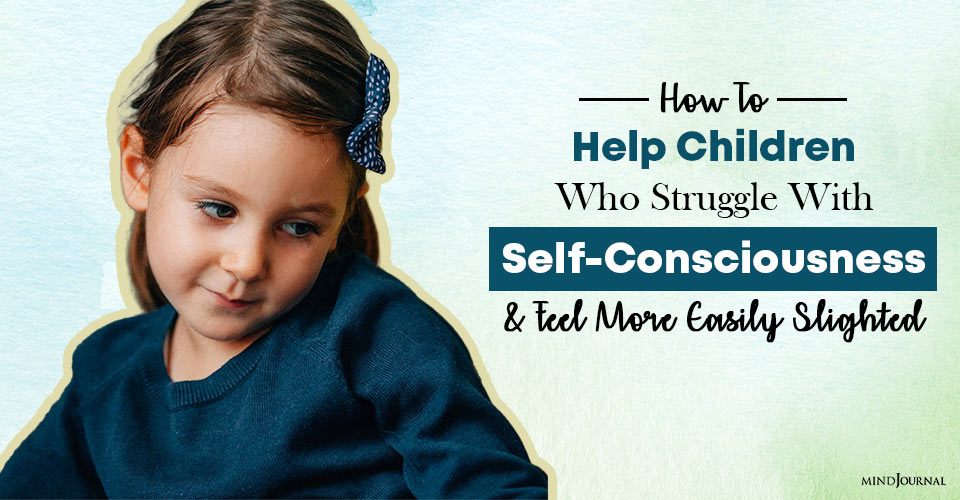Highly sensitive children tend to get hurt easily and struggle with self-consciousness. So how can you, as a parent, understand and support them? Read on to find out.
Is Your Child Too Self-Consciousness?
Talia (4) hates when we talk about her, even if we are praising her, like telling her what a good job she has done or describing one of her accomplishments to grandpa.
Highly sensitive children are more keenly focused on how others see them. Like Gabriel, who refuses to participate in any class performances; and, Jonah, who didn’t want the kids or the teacher in the swim class to look at him. They get very uncomfortable when any attention is called to them, even when parents or other adults are saying complimentary things. It feels overwhelming to be under any kind of scrutiny. But how can parents deal with such sensitive kids?
What You Can Do:
1. Avoid praise.
Instead, focus on the process. You can say something like, “You worked really hard on balancing on your scooter. It felt uncomfortable to wobble but you kept at it. Now you are riding on your own. Looks like you are really enjoying that”; instead of, “We are so proud of you! You are riding your scooter all by yourself!”

2. Respect your child’s wishes as much as possible.
While Stephanie explained to Jonah’s swim teacher his discomfort with attention being focused on him, the teacher still had to watch him. But she refrained from praising or correcting him aloud. When it came time for Gabriel’s most recent school performance, his parents could see he was very torn. He wanted to sing with the group – he loves singing – but he still felt very anxious.
As they brainstormed what might make him feel more comfortable, he came up with the idea of standing at the very end of a row and facing away from the audience, which he did and was thrilled about.
Also read Raising Resilient Children: 5 Parenting Strategies To Know
What About Children Who Tend To Feel More Easily Slighted?
Leo (4) is very keen on his classmate, Nadia, and only wants to play with her. When Nadia allows other kids to join their pretend play, Leo starts to pout and complains to his teacher that Nadia is not being kind.
Highly sensitive children tend to take things more personally. They are also inclined to misinterpret others’ actions. They filter their experiences through a victim mindset as if they are primed to be hurt in some way. This can make peer and sibling interactions challenging.
What You Can Do:
1. Validate your child’s feelings.
Remember, validating is not the same as agreeing. It is acknowledging their perspective. You can say “When Nadia plays with other children, you feel rejected. I understand. You like it best when you have her all to yourself.”

2. Reality test.
You can guide your child by telling them, “It turns out that people can have many friends. While I know you feel rejected when Nadia is playing with other kids, that is not what it means to Nadia. I know you prefer to just stick with one friend, and you want that to be Nadia. But Nadia wants to have several friends. Everyone is different.”
Also read 14 Ways A Narcissistic Grandmother Can Harm Your Children
3. Help your child problem-solve.
“Would you like to find another friend to play with, or do something on your own? Let me know how I can help.”
This article is part of a series on understanding and supporting highly sensitive children. You can check out other installments in this series, here.
Wriiten by: Claire Lerner
Originally appeared on: Lerner Child Development
Republished with permission










Leave a Reply